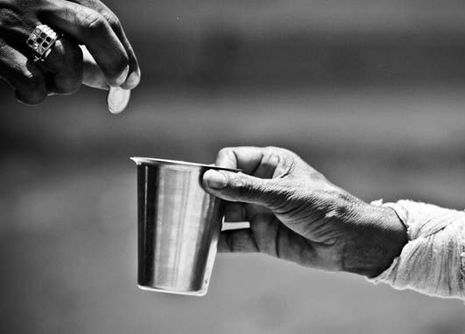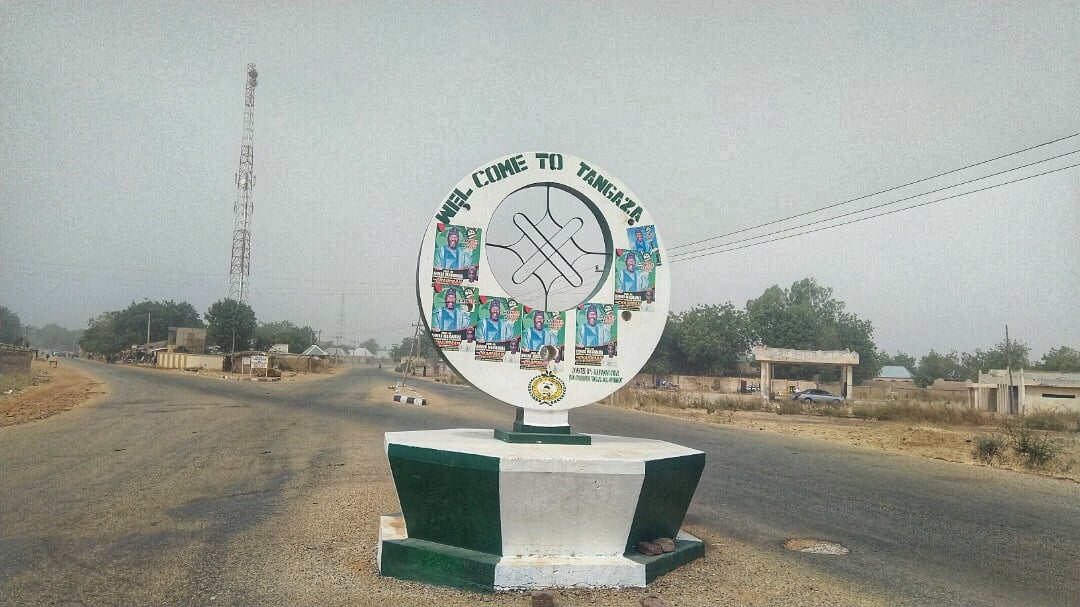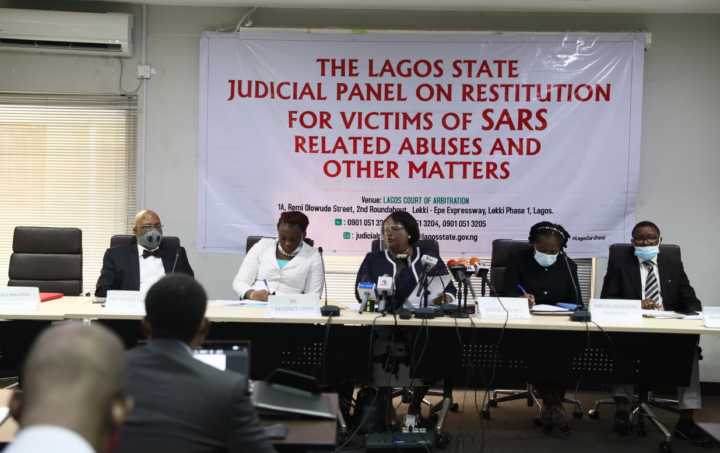BY JEROME-MARIO UTOMI
As a nation, Nigeria and most of her federating states are currently faced with serious socio-economic issues/survival dilemmas. Although this in my view has been on overtime as a nation that plays politics with everything, we have been living in denial. But as it currently stands, it has gotten to the brim and the nation/states are faced with either confess or collapse options.
According to media reports dated September 16, 2021, the nation’s public debt stock stood at N35.465 trillion as of June 30. Total public debt is composed of the domestic and external debt of the federal government, the 36 state governments and the federal capital territory (FCT). Nigeria’s total public debt stock was N33.107 trillion or $87.239 billion, as of March 31, 2021.
Essentially, in my opinion, it is not a bad idea to borrow especially when such borrowing is development targeted/focused. However, mindless borrowing as we have recently witnessed can only but depletes the borrower’s economic creative prowess, dwindles the propensity to achieving self-reliance and has the entity exposed to further socio-economic vulnerability. As a nation, we appear to have forgotten that one of the negative attributes of borrowing is that once you start, it becomes your character. This borrowing habit of ours has succeeded in weakening our states to a sorry level.
Advertisement
The consequences of such development (thoughtless borrowing) become worrisome when one remembers a similar report that the federal government made a total of N3.25 trillion in 2020, and out of which it spent a total of N2.34 trillion on debt servicing within the year. This means that 72 percent of the government’s revenue was spent on debt servicing. It also puts the government’s debt servicing to revenue ratio at 72 percent.
Within the year, debt servicing gulped N2.11 trillion. This puts the federal government’s debt servicing to revenue ratio in 2019 at 54.66 percent. This means that between 2019 and 2020, the federal government’s debt servicing to revenue ratio jumped from 54.66 percent to 72 percent.
Now, this piece will keep issues where they are.
Advertisement
First, there exist reasons state governors are reputed for not looking inward on how to make their state financially independent/self-sufficient. The most fundamental of the reasons is the feeling by some that Abuja is there to provide the needed financial succour. This has rendered most of our governors lazy and uninterested in carrying out self-introspection on how to improve their state’s internally generated revenue (IGR). Instead, they prefer to borrow, not minding that every opportunity to borrow as provided comes with a looming risk.
With the exception of Lagos, Delta, Rivers and a few others that are still active in sustaining their states via internally generated revenue, the rest share a common denominator: Abuja dependents. This also points to the fact that our problem as a nation is more of leadership as: “the strength of every state is a direct result of the strength of the leaders”.
To further support the above point as advanced, it is factually backed that our colonial overlords before independence devised very seamless ways of generating revenues. These methods include but are not limited to penetration of all the nooks and crannies of the nation’s geography to ensure that all paid their taxes.
So, if that could be done by foreigners years ago and in an era devoid of enhanced information technologies, the question may be asked; what is wrong/going on with our present crop of leaders? Why can’t they replicate the same or devise more creative means to make the state/nation financially viable? What is alluring about borrowing that they (leaders) consider the only credible/efficient alternative?
Advertisement
Without a doubt, our leaders know how to mop up our commonwealth for their personal aggrandizement while abandoning the poor masses to mop up their tears. They(public office holders) are specialists in seeking foreign loans.
In doing this, one point they fail to remember is that no one takes a government that governs with a beggar bowl approach seriously and no nation becomes strong or great by living on borrowed funds.
In the same token, they (leaders) must also remember that the people are watching closely, especially the youths. They should remember that in a period such as this, people watch with rapt attention, noting every move they make, learning what they really believe as opposed to what they say. Similarly, most of our pensioners have given up hopes and have resigned to fate banking on their age-long religious teaching that their reward is in heaven.
As an incentive to change this state of affairs, it is worthy of note that Nigeria may have overtly shown remarkable improvement in their culture and civilisation. That notwithstanding, for the fact that after almost 60 years of independence, the country is not only indebted to many institutions, nations and organisations but continually look up to others for aid, covertly tells a story of a nation lacking the capacity to take responsibility for its actions and initiatives for values.
Advertisement
As a response to the above realities, it is my submission that there is the need for our leaders to imbibe a saving culture as this attitude of eating with our ten fingers is not in any way supporting our economic growth or sustainability.
Finally, the state governors should remember and take into action the fact that the shortest way to the bright future we seek lies in a creative approach. Therefore, let the governors defocus on Abuja and focus on increasing their state’s internally generated revenues working in a collaborative manner with development minded/focused Nigerians. This process, who knows, may provide a lasting solution to the nation’s nagging financial challenge.
Advertisement
Utomi, the programme coordinator for media and public policy at Social and Economic Justice Advocacy (SEJA), writes from Lagos. He can be via [email protected] or 08032725374
Advertisement
Views expressed by contributors are strictly personal and not of TheCable.






